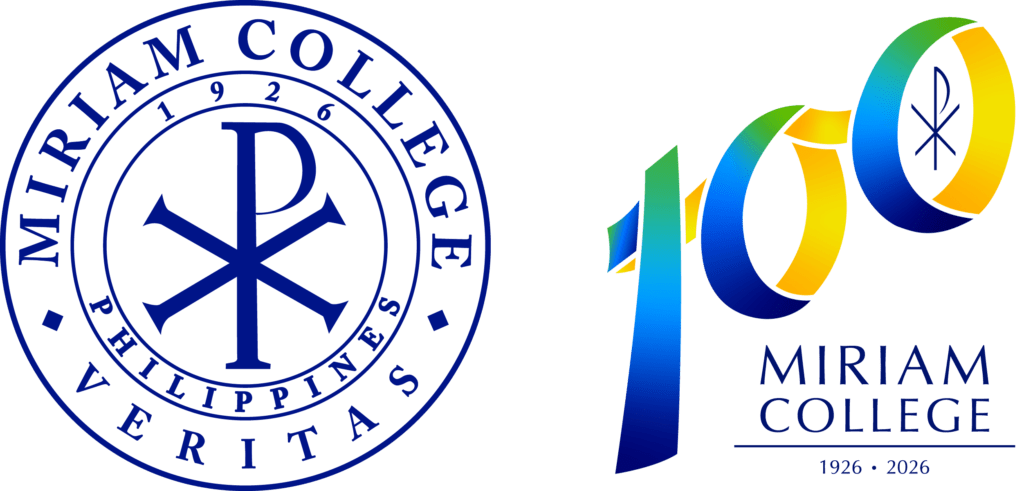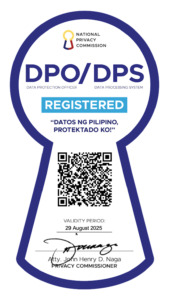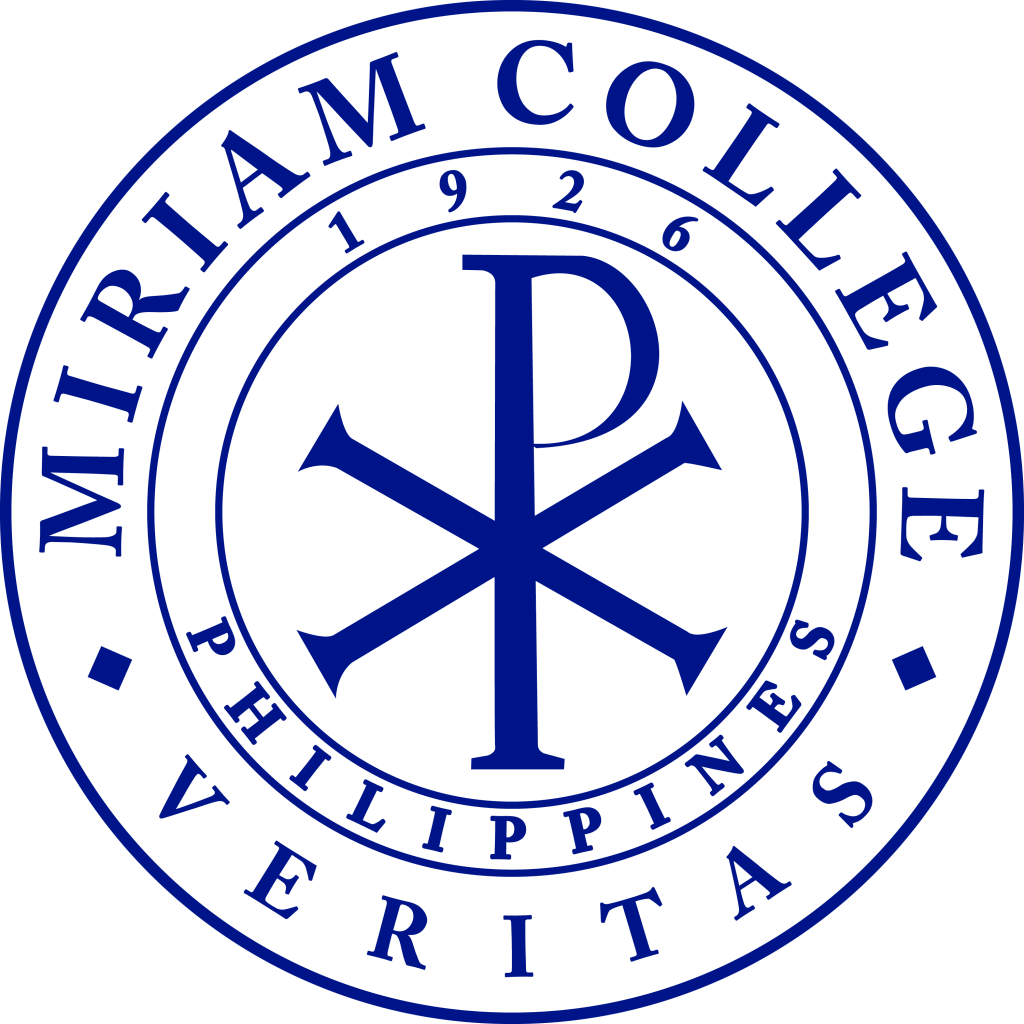Basic Education Unit FAQs
Classes typically start on the last week of July & end on the last week of April. We observe Philippine holidays and school holidays. We have a 2-week Christmas break, a 1-week break for All Saints/All Souls, and a 1-week break for Holy Week.
First Step
8:30 – 10:30 AM
12:30 – 2:30 PM
Nursery
7:45 – 10:45 AM
12:15 – 3:15 PM
Kinder
7:45 – 11:15 AM
12:15 – 3:45 PM
Grade 1
7:45 – 11:45 AM
Grade 2
7:15 AM – 1:00 PM
Grade 3
7:15 AM – 1:45 PM
Grades 4-6
7:15 AM – 1:30/1:50/3:10 PM
Determining the level of the child is based on the birthdate of the child. Our goal is to provide children with meaningful, age-appropriate activities so that children will experience early success and ultimately develop a love for learning.
The cut-off date for level placement is September.
First Step students should be three by September.
Nursery students should be four by October.
Kinder students should be five by October.
Grade 1 students should be six by October.
Yes.
Preschool students should wear the prescribed polo shirt and pants to school. The preschool polo shirt comes in three different pastel shades of blue, pink, and yellow, while the pants are available in khaki and gray. There is no prescribed color to be worn for each day.
Students of Grades 1-6 wear the prescribed tan blouse, green skirt, tan socks, and plan black shoes as their regular daily uniform. They have an option of purchasing green pants as an alternative but should have at least one (1) green skirt for special occasions such as Turnover and Graduation. A PE uniform consisting of a t-shirt in the students’ batch color, gray jogging pants, white socks, and predominantly white rubber shoes is worn on PE and activity days.
When Grade 3 students take their First Holy Communion, they wear a white dress with veil, white stockings, and plain white shoes. Parents may opt to purchase the dress and veil from the school’s sewing center or have their own made, following a general pattern.
The school has a list of bus operators who provide transportation service for different areas. The list is issued by the Administrative Services Division around the start of the school year, and posted in the Google Classrooms.
Miriam College has developed its own Innovative and Applied Learning Framework. This framework highlights the school’s unique adaptation of the Project-Based Learning method of Laro, Likha, and Linang as its core teaching-learning approach, and the five core principles of an MC education.
In the Grade School, our learners are at the center of our curriculum. Lessons become more relevant as they are anchored in environmental or societal context and linked to character and values formation.
Through integration, a key feature of the PBL method, students are able to find connections to real-world applications and develop empathy, compassion, and globally-responsive citizenship. In the preschool levels, the Integrated-Thematic Approach to teaching allows students to engage in diverse activities that give them meaningful opportunities to interact and collaborate with their peers and teachers. Our students also engage in STEAM-based activities that include design-thinking and robotics, where they are engaged to ask questions, explore, investigate, discover, problem-solve, create, and innovate. Once students move up to Grades 1-6, each subject features developmentally appropriate strategies and approaches, which bring out the best in our students. By focusing on holistic and multidimensional development, the Grade School produces confident and happy learners.
We use an efficient system of monitoring and evaluating student progress based on both formative and formal assessments.
In the preschool levels, teachers use a competency-based checklist which is supported by anecdotal records of the child’s behavior and daily performance, performance-based and authentic assessments, and portfolios.
In Grades 1-6, students are given qualitative grades based on proficiency levels in the core subjects, and a pass/needs improvement grade in the special subjects. Because we recognize that process and application are key elements to success, more significant than test scores, the Grade School academic program no longer administers quarterly examinations. Instead, students work on integrated-thematic projects which challenge them to exercise critical thinking, creativity, collaboration, and communication – 21st century skills. When it comes to personality development, students receive ratings that describe how consistently they exhibit the desired behaviors.
In the preschool levels, children are asked to do enrichment activities with their parents / learning partners at home. The activities would vary and are not limited to paper and pencil activities. As students move to Grades 1-6, some homework is given to help reinforce the competencies learned during class. We avoid giving homework on weekends.
We exercise Restorative Discipline, a whole-school, relational approach to building school climate and addressing student behavior that fosters belonging, social engagement, and meaningful accountability over exclusion, control, and punishment. We also use positive measures to redirect children’s behavior. These approaches are age-appropriate and are meant to help children understand how the school’s core values of truth, justice, peace, and integrity are important references that guide everyone’s thoughts and actions. Teachers take time to process students by talking to them & making them understand why a certain behavior needs to be corrected, in line with our policies on anti-bullying and child protection.
Students are encouraged to bring their own drinking water and nutritious snacks in reusable containers, supportive of the school’s Zero Waste Campaign. Parents may also avail of the pre-ordered packed snacks from the school canteen.
Most learning materials are covered by instructional fees. Additional daily materials are listed in a school supplies list that is issued during enrollment season for Grades 1-6.
First and foremost, we expect parents to be models of the values and behaviors we wish to inculcate in our students. Children learn best when there is consistency between practices at home and what is taught in school. We also request that parents be involved in school activities and tasks, so that all children will feel supported and cared for. Apart from accepting leadership roles in the Family Council, there are many opportunities to volunteer for special events too.
Important announcements are posted in the students’ Google Classroom. Students also take down notes in their Student Planners and notebooks. While we encourage that our students develop independence and responsibility in regularly checking what is posted, we also recommend that parents double check that their children can follow directions and submit requirements as instructed. Parents may exercise the gradual release of responsibility throughout the year.
The application period begins in September and will remain open until slots are available.
Begin the application by visiting the online application portal at https://mc.edu.ph/basiced/admissions. The application procedure and instructions on how to upload pertinent documents are available on the portal. Once the online application is completed, the submitted details and documents will be reviewed. Upon verification, the applicant will be provided with a schedule for the assessment/interview.
The school offers Merit Scholarships to High School students (incoming Grade 7 and Grade 11) who belong to the top 5 of the graduating batch with a population of at least 70. The requirements for a Merit Scholarship are as follows:
- Applicant passed the High School Entrance examination
- Certificate of ranking from the Registrar (to be submitted at the end of the school year before the enrollment period)
Financial Aid scholarship is available to Grade School and High School students who have at least one year of residency at Miriam College.
Miriam College is currently working on its ESC accreditation. We will be accepting ESC grantees once we have been accredited by PEAC. The Senior High School Voucher Program (SHS VP) is a program of financial assistance wherein subsidies in the form of vouchers are provided to qualified SHS learners in VP-participating SHSs. Parents may visit the website of PEAC at https://ovap.peac.org.ph/ for the list of requirements and application procedure.
Higher Education Unit FAQs
Please be informed that for SY 2025-2026, instead of the entrance exam, we will be having an application creative assessment. More details will be provided once you have submitted all your application requirements. Please send an email to coll-admission@mc.edu.ph for clarifications.
Please be informed that Miriam College is an exclusive school for girls. We can only accept male Deaf students to our Associate in Digital Technologies (ADT) Program and male Deaf and non-Deaf students in our Associate in Business Management (ABM) programs. To know more about the ABM program here, https://mc.edu.ph/business-management.
Male applicants are welcome to apply to our Graduate Programs.
Tuition and other fees depend on the program taken and year level. Please contact the Student Accounts Department for an accurate breakdown of fees:
Student Accounts Department
E-mail: mcaccounting@mc.edu.ph
Telephone: 8930-MCQC local 1141
Tuition and other fees depend on the program taken and year level. Please contact the Student Accounts Department for an accurate breakdown of fees:
Student Accounts Department
E-mail: mcaccounting@mc.edu.ph
Telephone: 8930-MCQC local 1141
You also have the option to enroll and pay for the whole semester.
If funds and other obligations pose a challenge, students may opt to enroll only the courses offered during the 1st cycle or the 2nd cycle. Enrolling a certain number of units that is less than the required number of units per cycle is also allowed.
Please contact our Student Accounts Department to know the amount specific to a program, year level, and payment scheme:
Student Accounts Department
E-mail: mcaccounting@mc.edu.ph
Telephone: 8930-MCQC local 1141
Yes we have various types of scholarships and financial aid to deserving students regardless of their socio-economic status. Please visit Scholarships and Financial Aid webpage to learn more.
For inquiries, please email heuscholarships@mc.edu.ph.
For the list of prices of books, please visit or contact the College Bookstore at +63 02 8930-MCQC (6272) local 2023.
Uniforms vary in price depending on the size. You may visit or contact the Miriam College Sewing Center at (+63 02) 3332-3306.
After you have been accepted in the program, hard copies of the requirements may be submitted through courier (Grab, Lalamove, LBC etc.) or through a scheduled campus visit.
Please email to coll-admission@mc.edu.ph to request for a scheduled campus visit.
Classes in the 1st semester start in August. Classes for the 2nd semester start in January. The Mid-year Term is from June-July.
There are 2 Cycles in a semester. August-October and October-December for the 1st Semester and January-March and March-May for the 2nd Semester.
For a copy of the Calendars, visit > KNOLLER
You may also email the Registrar’s Office at college_registrar@mc.edu.ph to request for a copy.
There are 2 cycles per semester. Each cycle has 9 weeks.
Modular delivery of courses is used in this kind of schedule because it is more focused and key topics are prioritized.
Students can take up to 3-4 modular courses per cycle. Students may take another 3-4 courses for the next cycle, to complete one semester.
For SY 2025-2026, Miriam College’s undergraduate programs will be providing a hybrid mode of learning. Students will attend classes 50% ONSITE and 50% ONLINE.
The Graduate Program students may be asked to attend classes onsite but those outside of Metro Manila and abroad can attend Hyflex classes. Hyflex classes are where the Graduate program students can attend classes online. However, please be informed that this may still change depending on CHED’s mandate. The mode of learning and class schedules may be discussed with the Program Chairperson during your interview.
Miriam College currently does not implement ETEEAP in any of its programs. We will post an announcement on our website about when this program will be offered.
